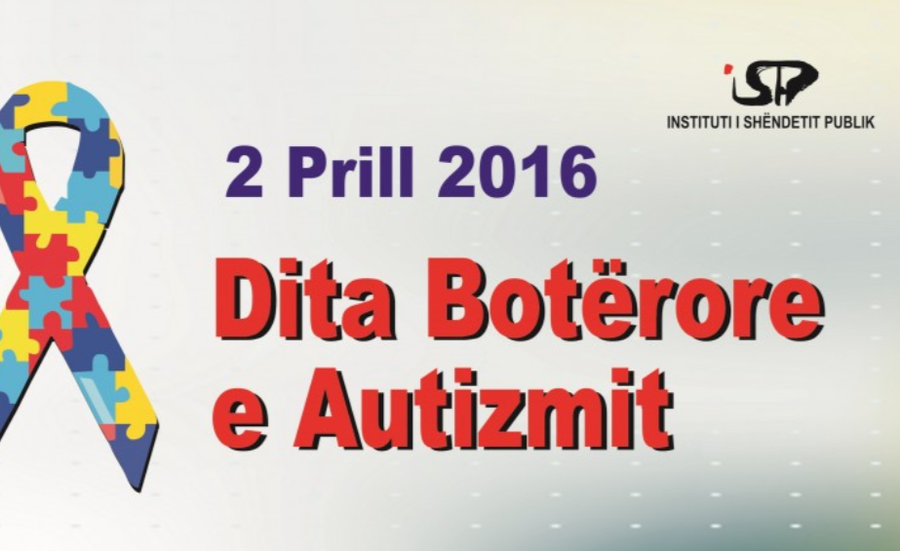
Autism, or autism spectrum disorder, affects millions of children worldwide. The condition is particularly challenging for parents, who have long had to deal with limited access to care, a lack of treatment options, and the general stigma associated with the disorder. But thanks to parent activism and advances in scientific research, autism is now much better understood.
General facts:
According to the CDC in the USA, the prevalence of this disorder is estimated at 1 in 36 children.
In Albania, there are still no confirmed statistics on this disorder, but according to the latest figures provided two years ago by the Ministry of Health, 26% of children with disabilities have autism. Around 2,000 people with autism receive paid assistance for this diagnosis.
Boys remain 4 times more affected than girls. A small proportion of affected children have profound autism.
On April 2, World Autism Awareness Day, the expert community calls for not neglecting symptoms and early treatment through therapies in professional centers. The parent community calls for their children not to be bullied in schools, not to be discriminated against, and not to be excluded. According to parents, employing young people with autism is an almost impossible challenge since our employers still do not take measures to develop neurodiversity in their workplaces.
What causes autism and how is it treated?
Scientists still don't know the exact cause of autism. They generally agree that children are born with autism, but most research produced so far has not been able to pinpoint its exact cause. The disorder, which is usually diagnosed in early childhood, is thought to be caused by a combination of genetic and environmental factors.
Genetic factors include premature birth, low birth weight, and a family history of the disorder. Meanwhile, environmental factors include parental exposure to toxins, viral infections, and certain medications used during pregnancy. Researchers have also linked autism in children to untreated mental health problems in expectant mothers. (A2 Televizion)











